|
Happy New Year’s Eve! I want us all to leave the decade the way we came in: alive. And fortunately, something that is amazing for your health is gardening. It’s good for anxiety, depression and removing formaldehyde from office environments, something we apparently have to worry about now.
Personally, I’m writing this newsletter from the hermetically sealed tube that allows me to survive Australia’s summer, but I understand some of you are in the practice of going outside. Minimise this time by watering efficiently, even during heatwaves. If at all possible, cause it to rain instead – rainwater can actually be a little better for plants than tap.
Making your garden swell isn’t just good for you. You can make little homes for butterflies and bees and insect hotels and such! Hooray for our small friends! Or, on the other hand, stuff those guys and get right down to growing the largest vegetables the world has ever seen. Impress your neighbours! Crush your enemies!
If you don’t have a lot of space for gardening, go for high impact: here are the best indoor plants for apartment dwellers. I especially recommend the ones that can suck up toxins and improve air quality.
If lingering smoke is getting you down, some scientists offer a ray of hope – they worked out exactly how Australian plants germinate after bushfires (and you can do it yourself).
Have a great 2020! May all your dreams come true and your gardens grow exactly how and when you want them.
|
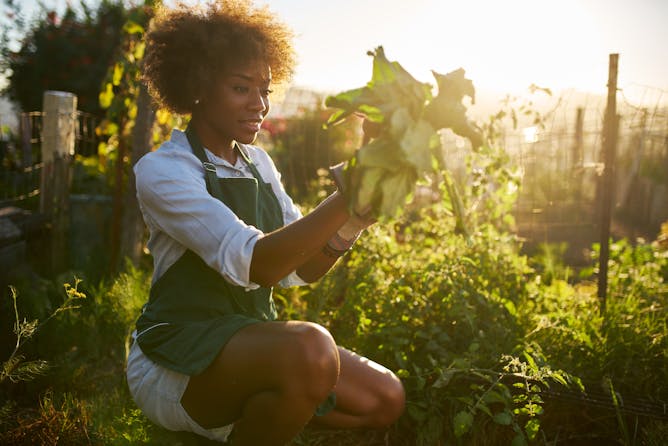
Gardening gives people the chance to reconnect and relax.
Joshua Resnick/Shutterstock
Yvonne Black, University of Hull
How gardening can make you happier and healthier.
|
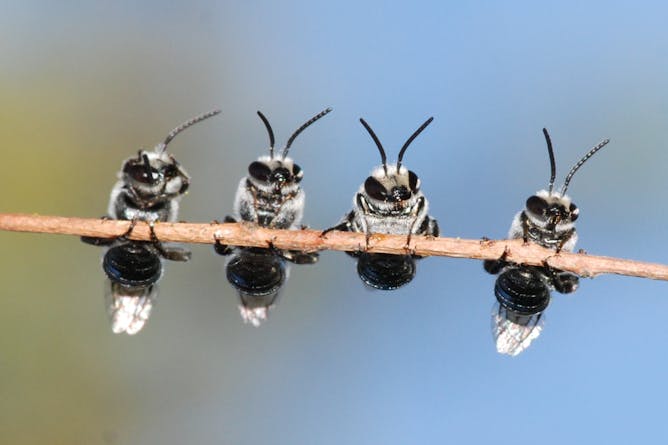
Native bees are just some of the wildlife found in your backyard.
MirandaKate/Flickr
Manu Saunders, Charles Sturt University
Whether you live in an urban apartment or a rural homestead, your outdoor area is more than just a private space. It's a thriving ecosystem.
|
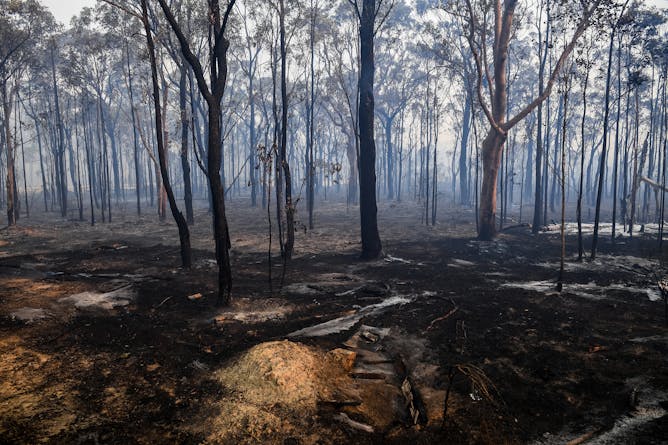
The aftermath of a bushfire at Holsworthy, New South Wales.
Brendan Esposito/AAP
Kingsley Dixon, Curtin University
A startling phenomenon occurs after a fire tears through a landscape. So what is it in bushfires that gives plants this kiss of life?
|
|
|
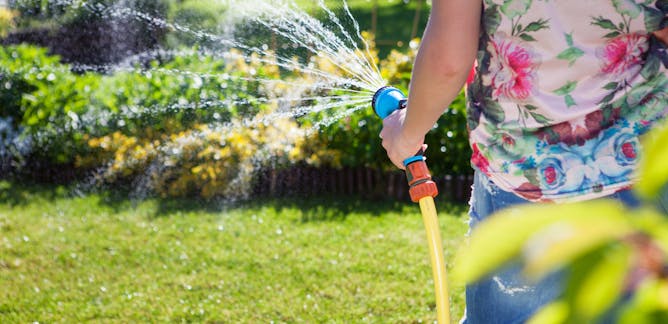
Ian Wright, Western Sydney University; Jason Reynolds, Western Sydney University
Plants can find it tough to get all the nitrogen they need, especially from Australian soils. But summer storms can provide an added boost.
| |
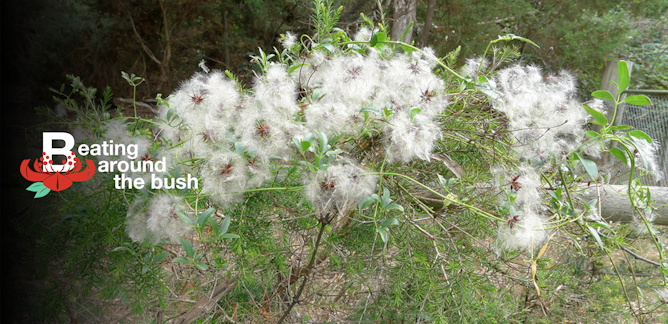
Gregory Moore, University of Melbourne
What grows everywhere and looks good doing it? Clematis aristata.
|
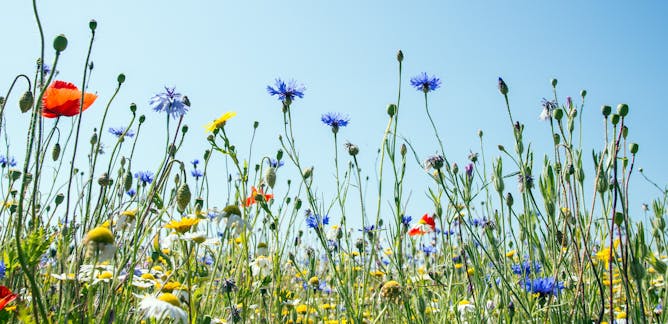
Jack Marley, The Conversation
Climate change is accelerating and species are dying out at a record rate. Experts imagine how inviting nature into our lives could help.
| |
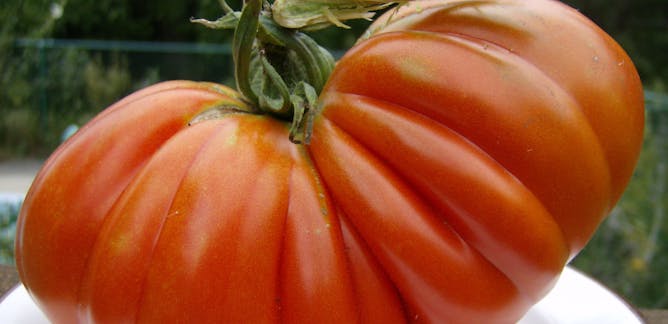
Richard G. Snyder, Mississippi State University
Have you recently harvested a big fruit from your garden? Here an expert's tips on how to go from jumbo to gargantuan with your tomatoes.
|
|
|
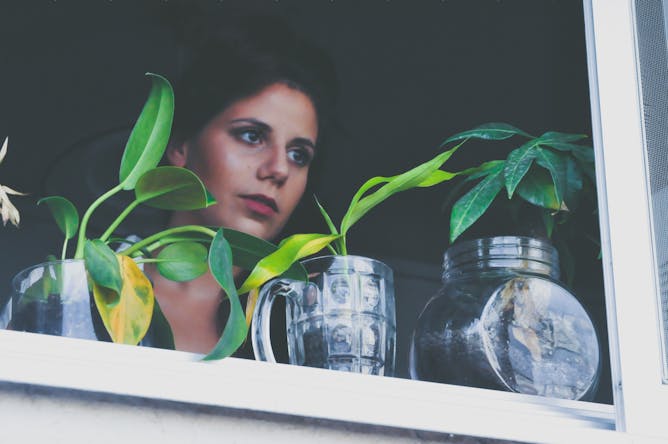
The health benefits of being close to nature are well established.
priscilla du preez/Unsplash
Danica-Lea Larcombe, Edith Cowan University
Health benefits of being close to nature are well established, but the rise of apartment living means we can't always be close to greenery.
|
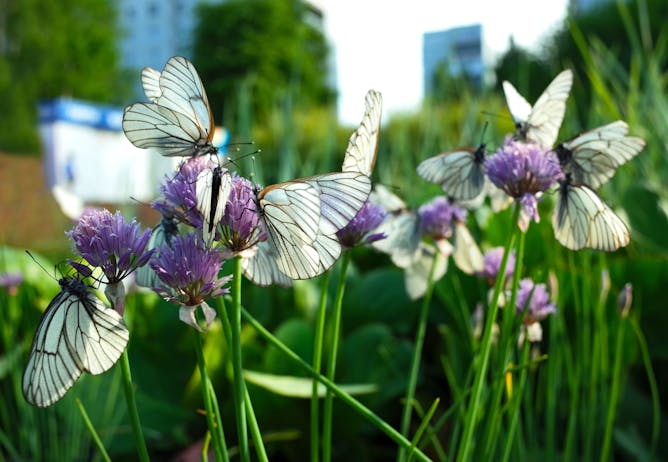
All a-flutter.
Shutterstock.
Katherine Baldock, University of Bristol
Evidence-based advice from experts on how to make your garden a friendly environment for pollinators.
|
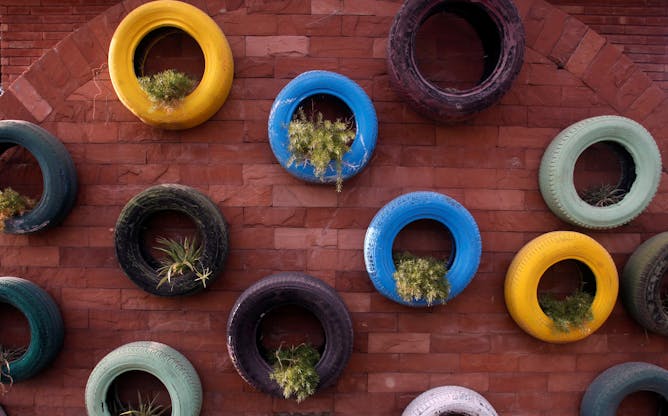
REUTERS/Fayaz Aziz
Danica-Lea Larcombe, Edith Cowan University
Most modern offices contain a surprising amount of harsh chemicals. If you're heading back to work, check out our list of the best plants to clean the air (and reduce stress).
|